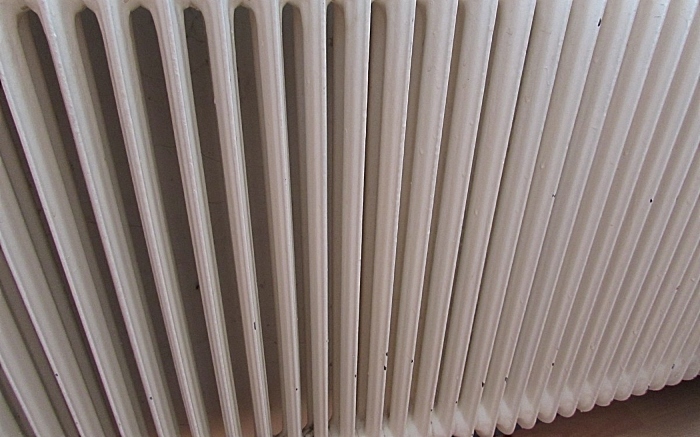
In the quest for home comfort, particularly in the colder months, the significance of a reliable heating system is paramount.
Among the plethora of options available, home boilers stand out for their efficiency and capability to provide consistent warmth.
However, the journey to selecting and maintaining a boiler is intertwined with various economic considerations that homeowners must navigate.
The Initial Investment: Choosing Your Boiler
The starting point for any homeowner is the initial investment required for a boiler system.
The market offers a range of types, from conventional gas boilers to innovative eco-friendly options like biomass boilers or heat pumps.
Each comes with its distinct price tag, influenced by factors such as size, capacity, efficiency rating, and brand.
Furthermore, the installation process itself adds to the cost, with prices varying based on the complexity of the system and the specific needs of your home.
When delving into what boiler costs to expect, it’s essential to consider not only the purchase price but also installation fees.
On average, homeowners might find themselves budgeting from a few thousand pounds for a straightforward replacement to significantly more for a new, more complex system.
This phase requires thorough research and possibly consultations with professionals to determine the most cost-effective and efficient system for your specific requirements.
Running Costs and Efficiency
Once installed, the ongoing running costs of a boiler become the next financial consideration.
Modern boilers, especially those with high energy efficiency ratings, can significantly reduce monthly heating bills.
This efficiency is measured by the Annual Fuel Utilization Efficiency (AFUE) rating, where a higher percentage signifies greater efficiency and lower operating costs.
Investing in a boiler with an AFUE rating of 90% or above may have a higher upfront cost but can lead to substantial savings in the long run.
However, the choice of fuel plays a crucial role in operational expenses.
Gas boilers are commonly used in the UK and tend to be less expensive to run than electric boilers.
Alternatively, renewable energy options like biomass boilers or solar thermal systems present higher initial costs but offer the potential for long-term savings and environmental benefits.
Maintenance and Longevity: The Hidden Costs
The economics of home boilers extend beyond initial purchase and installation. Regular maintenance is crucial to ensure the longevity and efficiency of your system.
This involves annual servicing, occasional repairs, and potential part replacements.
While these costs may seem minor in isolation, over the lifespan of a boiler – typically around 15 years – they can accumulate.
Moreover, the warranty period offered by manufacturers can mitigate some of these expenses.
Opting for a boiler with a lengthy warranty might come with a higher initial cost but can provide peace of mind and potential savings on repairs.
A Warm Conclusion: The True Value of Investment
The journey through the economics of home boilers reveals a tapestry of costs and considerations.
From the initial outlay to the nuances of maintenance and fuel choices, the decisions made at each stage influence the long-term financial landscape of home heating.
Yet, beyond the figures and forecasts, the true value of a boiler investment lies in the comfort and warmth it brings to a home, transforming it into a haven against the cold.
(free to use image by pxhere)


















Recent Comments